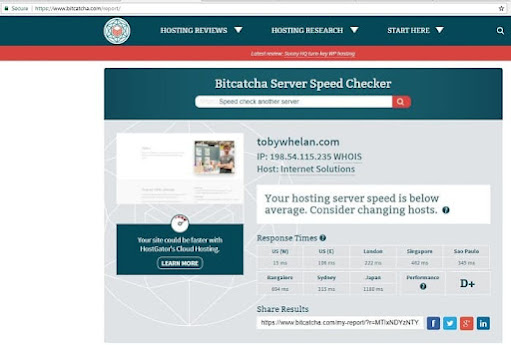Discover the secret to SEO success as we reveal the unbeatable power of Google Host and Namecheap Nameservers!
Introduction:
is your website struggling to gain visibility in search engine results? Are you looking for ways to enhance your website's performance and improve your SEO rankings? Look no further! In this expert guide, we will introduce you to the power of Google Host and show you how to set up Namecheap Nameservers for an enhanced SEO performance.
Understanding Google Host
Google Host is a reliable hosting platform offered by none other than Google itself. With its reliable infrastructure, Google Host provides numerous benefits to website owners, including lightning-fast website speed, enhanced security measures, and scalability to handle high traffic volumes. Additionally, Google Host seamlessly integrates with other Google products and services, providing a holistic web solution for businesses and individuals.
The Power of SEO for Website Ranking
You may have heard of SEO (Search Engine Optimization), but its significance cannot be overstated. SEO involves optimizing your website to rank higher in search engine results pages (SERPs) and increase organic traffic to your site. By implementing effective SEO strategies, you can attract more visitors to your website, boost engagement, and ultimately drive business growth.
Leveraging Namecheap Nameservers for SEO Advantage
As a leading domain registrar, Namecheap provides a range of services to help businesses establish and maintain their online presence. One vital aspect of Namecheap's offerings is its Nameservers. Nameservers are responsible for connecting your domain name to the hosting server where your website is stored.
By using Namecheap Nameservers in conjunction with Google Host, you can unlock enhanced SEO advantages. This powerful combination ensures that search engines can easily locate and index your website, leading to improved rankings and increased organic traffic.
Setting up Namecheap Nameservers on Google Host
We will now guide you through the process of setting up Namecheap Nameservers on your Google Host account. Follow these step-by-step instructions to get started:
Step 1: Accessing Namecheap Account and Domain Settings
1. Log in to your Namecheap account using your credentials.
2. Navigate to your domain management section.
3. Locate the domain for which you want to set up the Nameservers.
4. Access the domain settings or management options for the chosen domain.
Step 2: Configuring Nameserver Records for Google Host
1. Within the domain management section, locate the Nameserver option or section.
2. Choose the "Custom" or "Manual" Nameserver option.
3. Enter the correct Google Host Nameserver information provided by your hosting provider.
4. Save and apply the changes to update the Nameserver records for your domain.
Step 3: Troubleshooting Common Issues
1. After making the changes, allow some time for the Nameserver changes to propagate across the internet.
2. Clear your browser cache and DNS cache to ensure you are accessing the latest version of your website.
3. If you encounter any issues or your website is not working correctly, consult the support resources provided by Google Host and Namecheap for troubleshooting assistance.
Advanced SEO Tactics for Google Host with Namecheap Nameservers
Now that your Namecheap Nameservers are correctly set up on Google Host, let's explore some advanced SEO tactics to maximize the potential of this powerful combination:
1. Optimize Website Content, Meta Tags, and Structure
Ensure that your website content is well-structured, relevant, and optimized for your target keywords. Pay attention to your meta tags, including title tags and meta descriptions. By using descriptive and keyword-rich meta tags, you can improve your website's visibility in search engine results.
2. Leverage Google's Webmaster Tools and Analytics
Google offers powerful tools, such as Google Search Console and Google Analytics, to help you track and improve your SEO performance. Use these tools to monitor your website's indexation, organic traffic, and user engagement. Analyzing this data will allow you to identify areas for improvement and refine your SEO strategies further.
Case Studies: Real-World Examples of Success
Let's take a look at some real-world examples of websites that have capitalized on the Google Host and Namecheap Nameservers combination to achieve SEO success:




